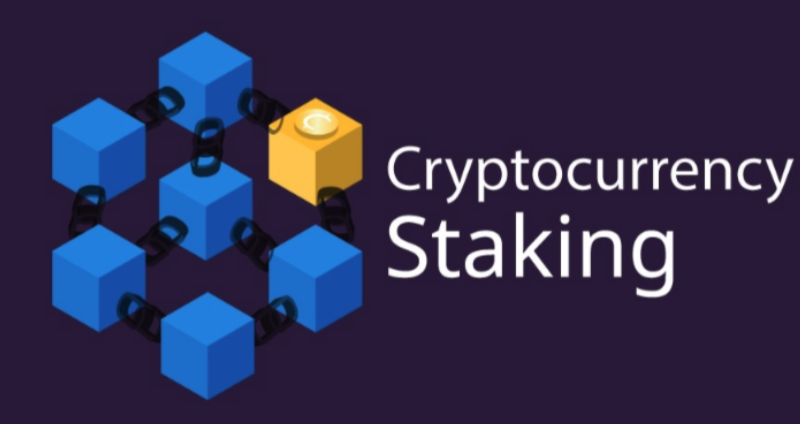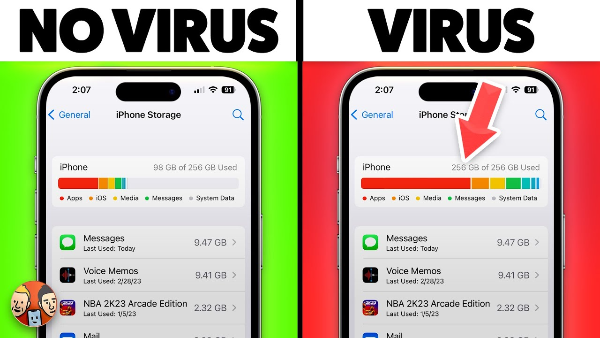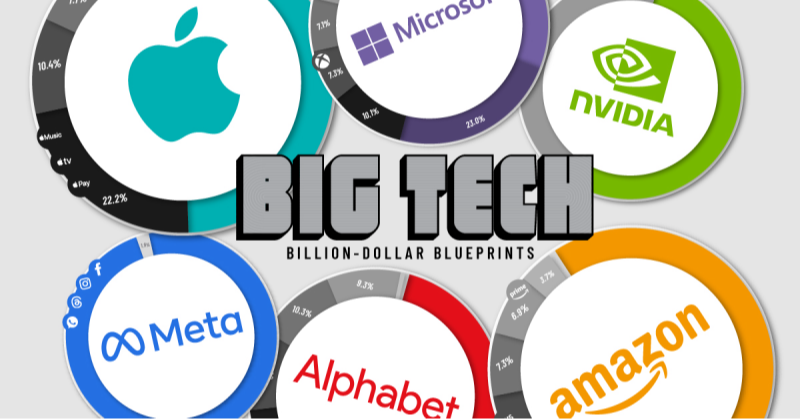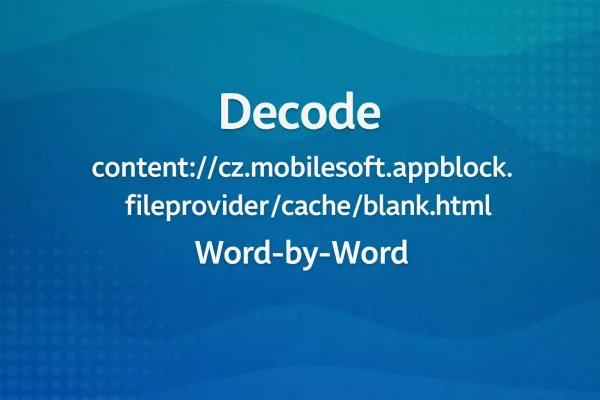How is Crypto Staking Different from Delegating
| Terms in Crypto | Meaning | Who Does It |
|---|---|---|
| Staking | Locking up your crypto to secure the blockchain and earn rewards | Validator or Delegator |
| Delegating | Handing over your stake to a validator to do the staking work on your behalf | Delegator only |
Think of staking as the act of contributing to the security of a blockchain — either directly (by running a node) or indirectly (by delegating your tokens to someone who does). Delegation is just one form of staking.
What Exactly Is Crypto Staking

Staking happens on proof-of-stake (PoS) blockchains. Instead of mining, these networks use staked tokens to:
-
Validate transactions
-
Secure the network
-
Generate new blocks
When you stake tokens, you're locking them up in a wallet or smart contract. In return, you earn staking rewards — often in the same currency (e.g., ETH, SOL, ADA).
But here’s the kicker: not everyone wants to run a validator node — which requires technical skill, 24/7 uptime, and sometimes tens of thousands of dollars in crypto.
Where Is Crypto Delegating from
Delegating is for people who want staking rewards without technical stress.
📩 You choose a trusted validator, and “delegate” your tokens to them.
They:
-
Add your tokens to their stake
-
Run the validator node
-
Earn rewards — which they share with you (minus a small fee)
💡 You never give up control of your tokens. Delegation is non-custodial. You can redelegate or unstake anytime (depending on network rules).
What Crypto Staking and Delegating don't Do
To clear the confusion:
| It's Not... | Why |
|---|---|
| Like earning interest in a bank | Staking rewards are not guaranteed and depend on network performance |
| Giving your crypto away | Delegation is non-custodial — you keep control |
| 100% safe | Poor validator choice could result in slashing or missed rewards |
| The same across all blockchains | Each network has different rules, unbonding times, and reward rates |
While staking and delegating are built to be secure, your connection to the blockchain can still expose you to unnecessary risks — especially if you’re using public Wi-Fi or staking from regions with limited crypto access. That’s where UFO VPN comes in.
🚀 Why use UFO VPN when staking or delegating crypto?
- End-to-End Encryption: Keeps your wallet logins, staking transactions, and validator interactions private — especially on public or untrusted networks.
- Bypass Geo-Restrictions: Some staking platforms or validator dashboards are geo-blocked. UFO VPN helps you access them from anywhere in the world.
- Protect Wallet Extensions (MetaMask, Keplr, etc.): This best free VPN adds a layer of defense against phishing or injection attacks when using browser-based wallets.
- Safe Mobile Staking: Stake from your phone with peace of mind — UFO VPN protects your mobile connection in real time.
📖Related Reading
Is Delegating Safer Than Running a Validator
For most users — yes. Here’s why:
| Risky Factor | Running a Validator | Delegating |
|---|---|---|
| Technical Skill Needed | High | Low |
| Slashing Risk | Yes (if you mess up) | Minimal |
| Capital Required | Often very high | Any amount |
| Maintenance & Uptime | Required 24/7 | None |
Unless you're a blockchain expert, delegating crypto is the smarter and safer choice.
Bonus Tips Before You Delegate Crypto
-
Always research validators
-
Look for high uptime, low commission, good reputation.
-
-
Avoid 0% commission traps
-
Some validators lure you in with 0% fees, then change them.
-
-
Diversify if possible
-
You can delegate to multiple validators on some chains (e.g., Cosmos).
-
-
Stay active
-
Some networks penalize long-term inactivity or auto-unstake after governance events.
-
FAQs
Can I lose my crypto by delegating it?
Generally no — unless your validator gets slashed. Even then, you’ll only lose a small portion, and this is rare if you choose trusted validators.
What happens if my validator goes offline?
You may miss rewards temporarily, but your tokens are safe. You can redelegate anytime.
Can I change validators?
Yes! Most networks allow redelegation or unstaking, though there might be a waiting period (e.g., 21 days on Cosmos).
Are staking rewards taxable?
In many countries, yes. Rewards are often treated as income when received. Always check local tax laws.
Can I delegate from an exchange wallet?
Sometimes — platforms like Coinbase and Binance offer “staking,” but this is custodial. You lose some control and usually earn lower yields.







